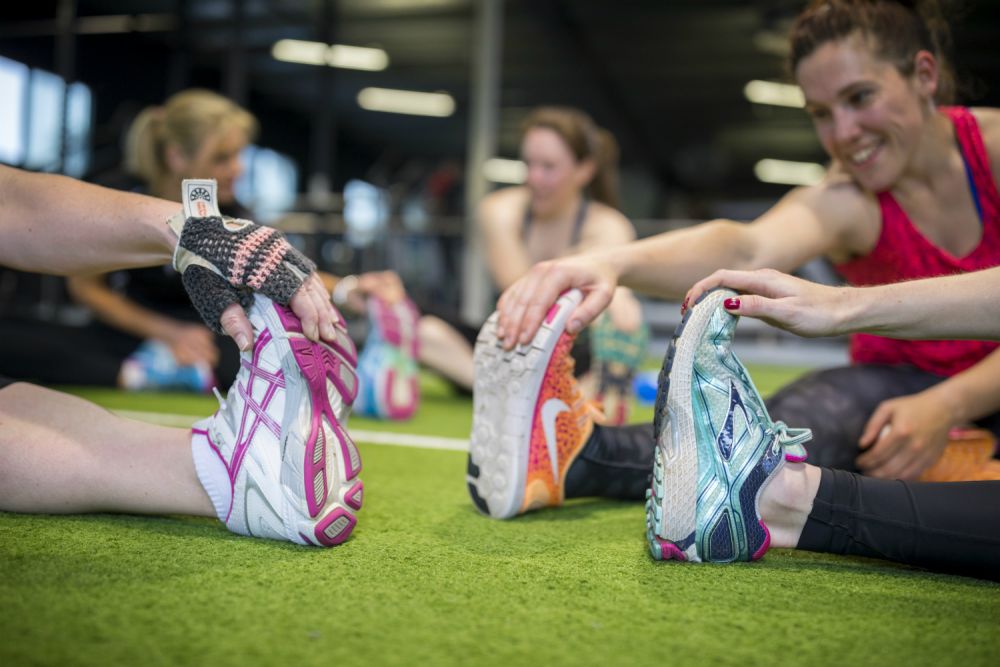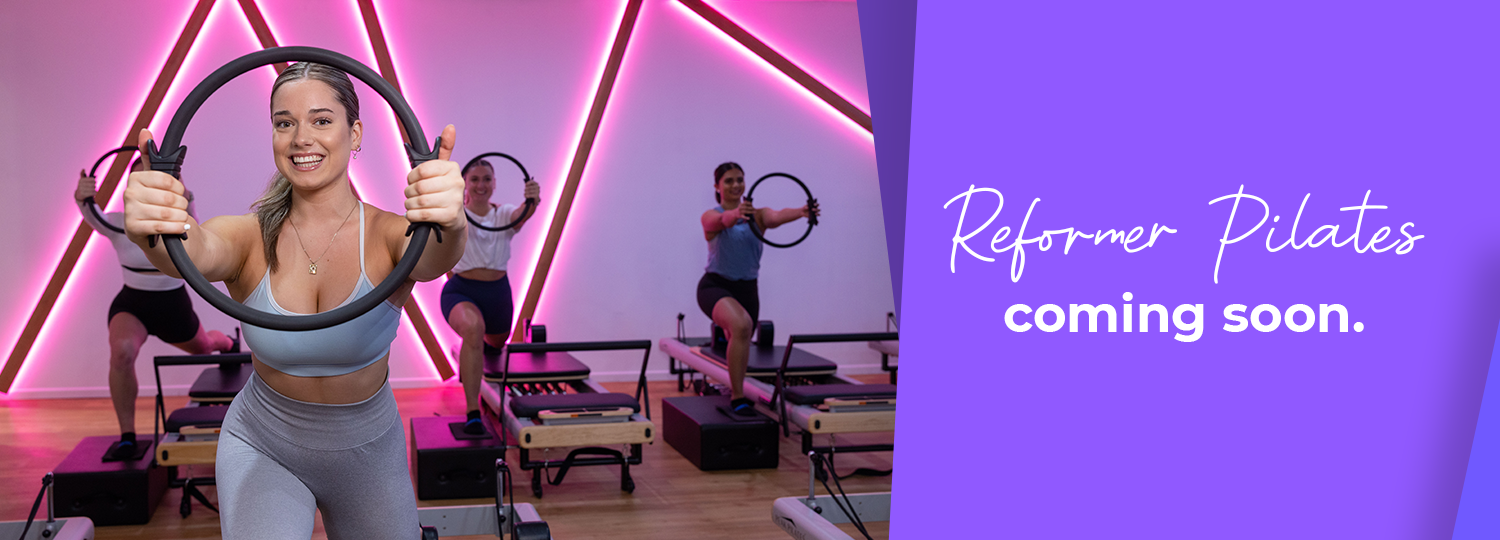5 foods to help prevent muscle cramps

Muscle
cramps are excruciating and dreaded by even the most seasoned athletes. We all
know that feeling, when they strike out of the blue and leave you curled up in
a world of pain.
Luckily, most
cramps tend to only last a short time. The pain is caused by sudden,
involuntary muscle contractions/spasms, which shorten the muscle and can result
in an agonising ‘knot’.
There are
numerous reasons why we get cramps. Despite a multitude of studies, no single,
exact cause can be found. Instead, muscle cramps are considered to be caused by
a range factors: injury, muscle fatigue, dehydration, lack of key electrolytes (potassium,
magnesium and calcium), restricted blood flow, nerve compression, exertion with
cold, inflexible or tight muscles, excess sweating, medications, and a number
of medical conditions.
Hydration for the nation!
Staying
properly hydrated and maintaining your electrolyte levels are key factors, in cramp
prevention. Electrolytes look after the movement of fluids in and out of your
cells, with sodium chloride (salt) at the top of the list.
You lose
both water and sodium when you sweat, so it’s important to replace both when
you hydrate. Eating salty snack like pretzels or having a sports drink will top
you up.
Don’t like
drinking water? Go for coconut water or make your own sports drink. Pop some
slices of lemon/ginger/orange in a container of water, add a tiny pinch of sea
salt and refrigerate overnight. Hey presto! Delicious infused water. Easy!
Pickle water
has also been hailed as a great cramp preventative, due to its high level of
sodium. Worth a try, but in moderation.
What are the best foods to help prevent a
muscle cramp?
The five essential
nutrients associated with cramp prevention, starting with the most important are
potassium, sodium, calcium, and magnesium and sodium.
1. Sweet
potato
for potassium, calcium,
magnesium and complex carbs. One medium sized, cooked sweet spud delivers
almost 15% of your daily potassium requirements. Containing lots of water,
these tasty veggies have six times more calcium than bananas.
2. Avocados for a potassium, fibre, vitamins, anti-inflammatory compounds and healthy fats. Half an avocado gives you a 14% of your daily potassium requirement.
3. Melons for potassium, magnesium, calcium, water and a trace of sodium. Just two slices give you 14% of your potassium needs and they taste fantastic.
4. Legumes for magnesium and fibre. 1 cup of kidney beans packs in 15% of your daily potassium needs. Worried about wind? 1 cup of black beans will deliver an even better 17% and maybe less gas!
5. Wild salmon for potassium, protein and super-healthy Omega-3 fatty acids. A yumtastic 6oz fillet delivers 15% of your daily potassium requirements. Pair with leafy greens and roasted sweet potato for a tasty but extremely healthy meal.
Category List
Workout (2)
competition (2)
Your New Beginning (11)
strength (1)
wellbeing (2)
sleep (1)
news (1)
Fitness (129)
gym owners (2)
training (4)
Strength and Tone (54)
Genesis Ballarat (1)
reformer pilates (4)
group training (1)
Gym (5)
Programs & Products (1)
self care (2)
weight loss transformation (1)
Fitness Solutions (19)
Beginner (3)
food (8)
business (2)
productivity (1)
recipe (1)
nutrition (51)
Exercises (2)
lifestyle (11)
Find Your 30 (30)
genesis team (3)
Plank (1)
health (85)
wellness (66)
transformation (1)
genesis community (5)
reformer (2)
Rehabilitation (1)
Community (12)
challenge (4)
Yoga (3)
Press Release (14)
Group (2)
franchise (3)
Health Advice (2)
fitness goals (3)


